
“Berliners do not want to be an object of exchange! You cannot trade us, you cannot negotiate us [sic] and you cannot sell us,” he proclaimed in front of a crowd that had gathered next to the burnt-down Reichstag building on September 9, 1948.
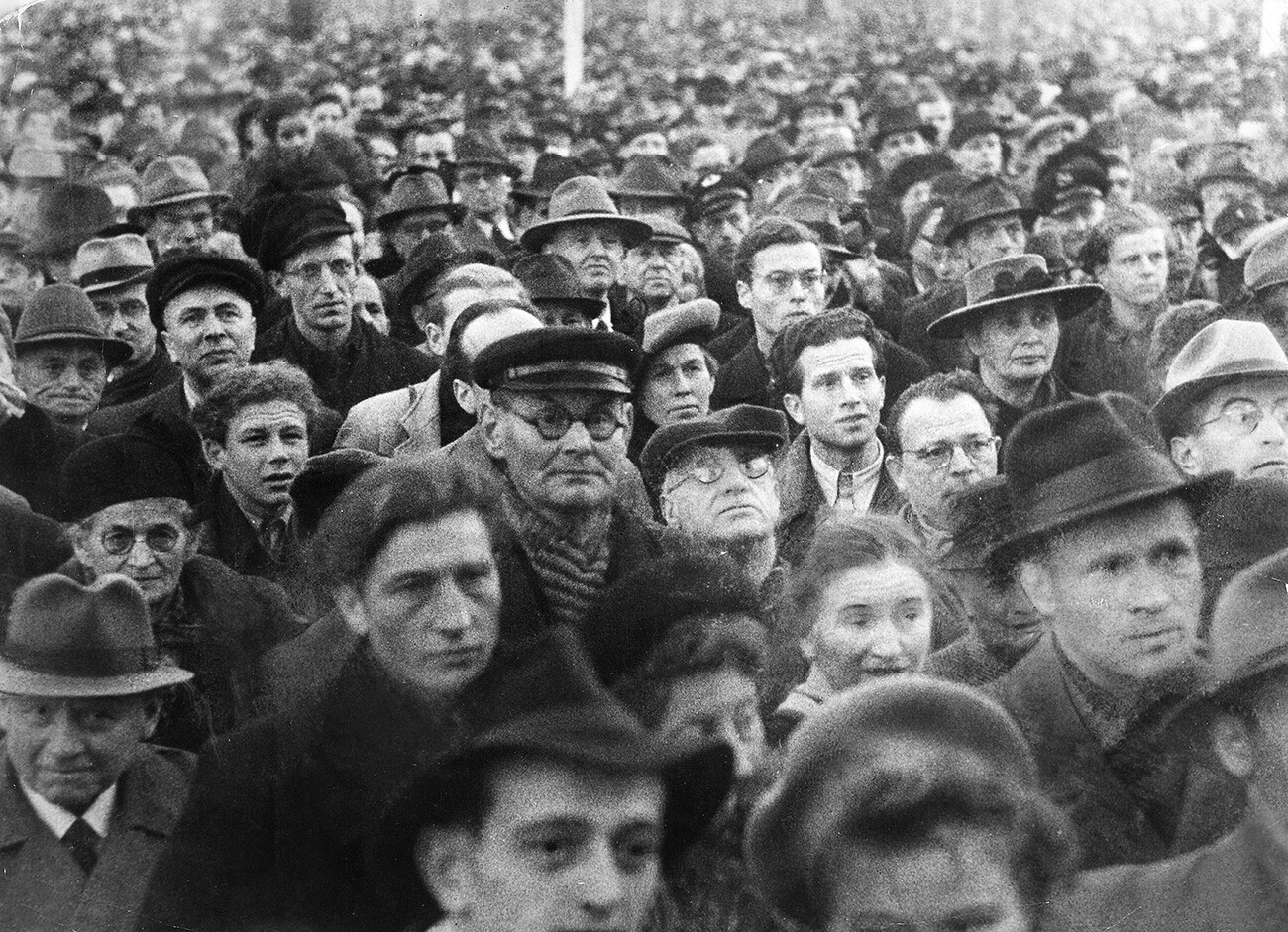
People listen to the speech of Mayor Ernst Reuter.
Getty ImagesMayor of West Berlin Ernst Reuter was referred to as the symbolic figure of resilience during the Soviet blockade of the city that started in 1948. But, before fiercely opposing the Soviets in Berlin, Reuter shared the ideas of his enemies and even worked in the USSR.
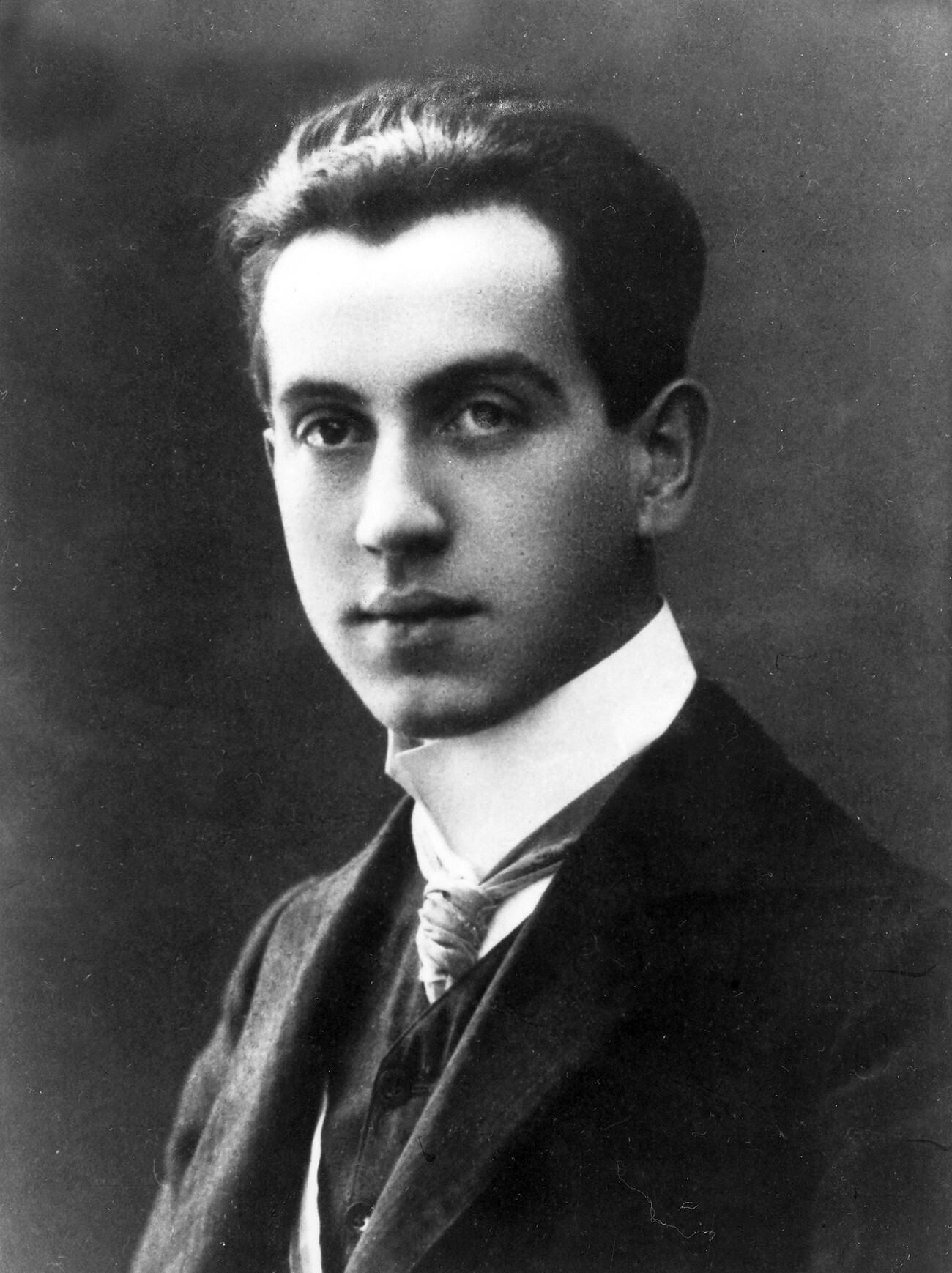
Young Ernst Reuter.
Getty ImagesDuring World War I, Reuter was drafted to the German army and sent to the Eastern Front, where he ended up wounded and captured by the Russians. Inspired by the ideas of the Russian Revolution, Reuter joined the Bolshiviks and organized fellow war prisoners to support their cause. The talent of the captured soldier did not go unnoticed by the leaders of the Russian revolution. Reuter met Lenin and Stalin and was eventually assigned to administer the Volga German Autonomous Soviet Socialist Republic as a People’s Commissar.
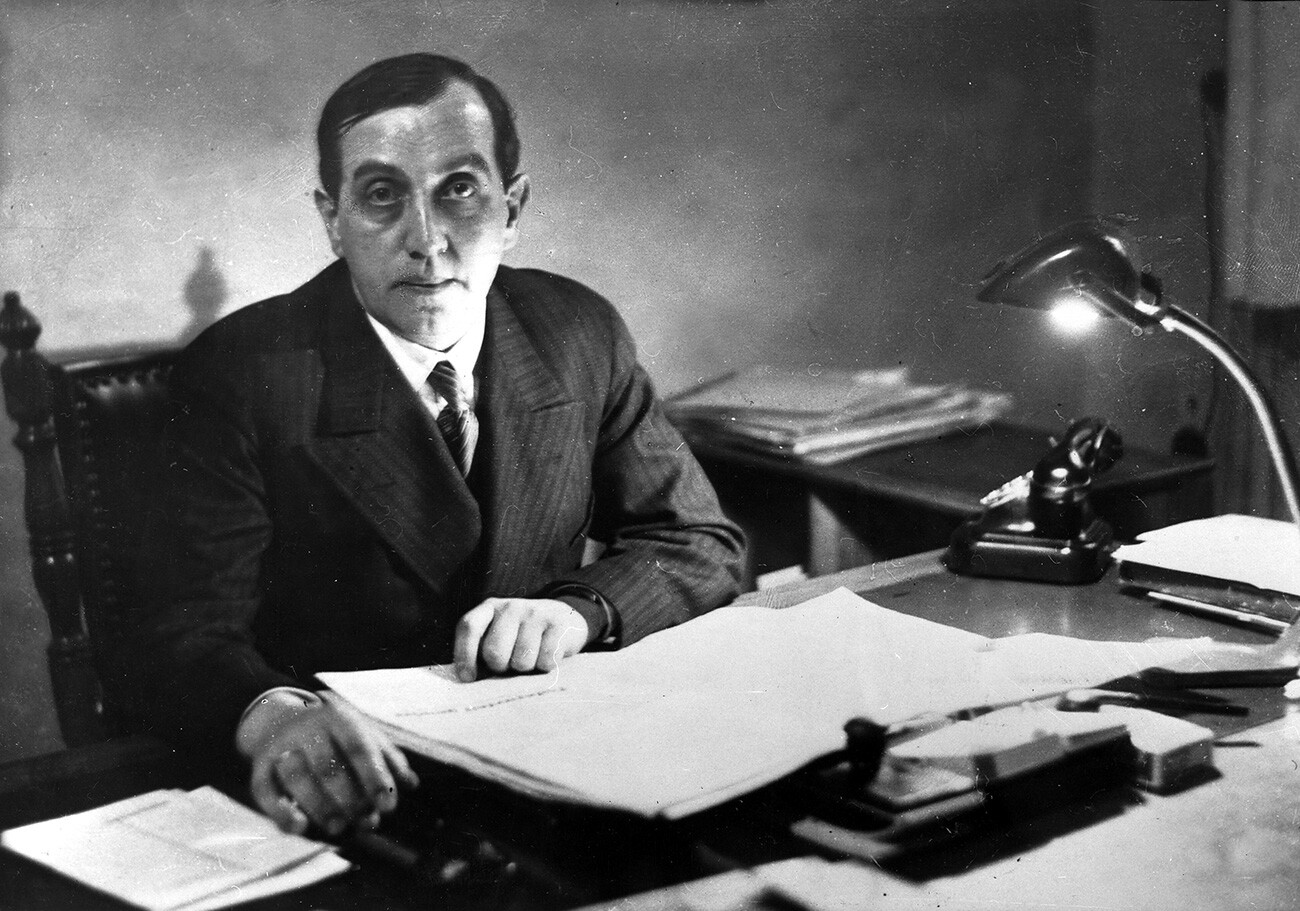
Ernst Reuter in 1931.
Getty Images“The young Reuter is a brilliant and clear head, but a little too independent,” Lenin reportedly said of the future mayor of Berlin. Indeed, Reuter’s independence did not take too long to showcase.
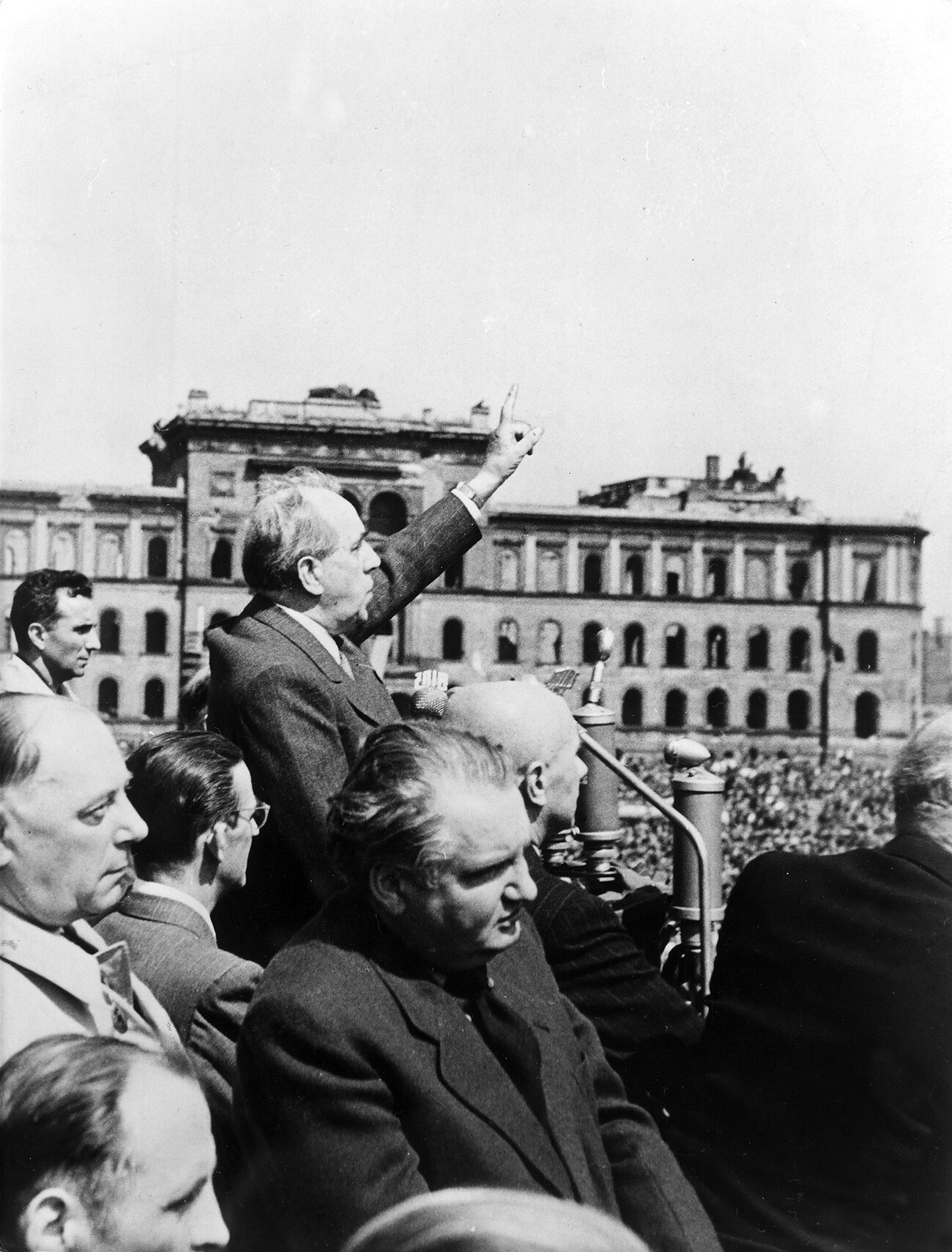
Ernst Reuter gives a speech in 1950.
Getty ImagesAlthough endorsed by the leader of the Russian Revolution to build a party organization in Berlin, Ernst Reuter was expelled from the Communist Party of Germany in 1921 as a result of an internal party conflict. Prosecuted by the Nazis, Reuter left Germany and only returned after World War II was over. Despite his earlier association with the communists, Reuter earned popularity among the city residents and eventually rose up the ranks to become a mayor of West Berlin.
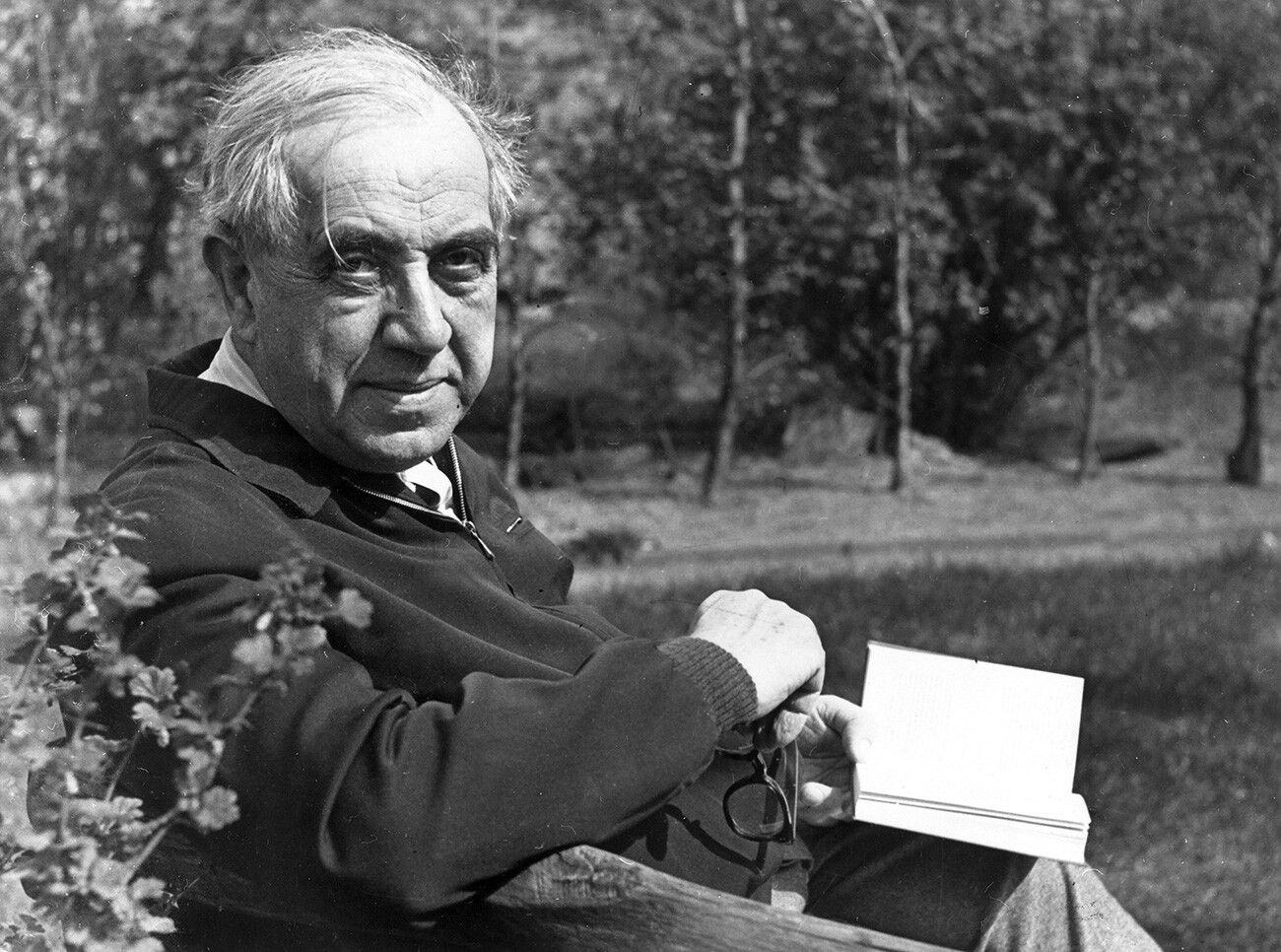
Ernst Reuter around 1950.
Getty ImagesIn his lifetime, Ernst Reuter experienced a few wild swings. He turned from a prisoner of war to Lenin’s associate to a fierce enemy of the USSR and a symbol of resistance for many West Berliners.
Dear readers,
Our website and social media accounts are under threat of being restricted or banned, due to the current circumstances. So, to keep up with our latest content, simply do the following:
If using any of Russia Beyond's content, partly or in full, always provide an active hyperlink to the original material.
Subscribe
to our newsletter!
Get the week's best stories straight to your inbox